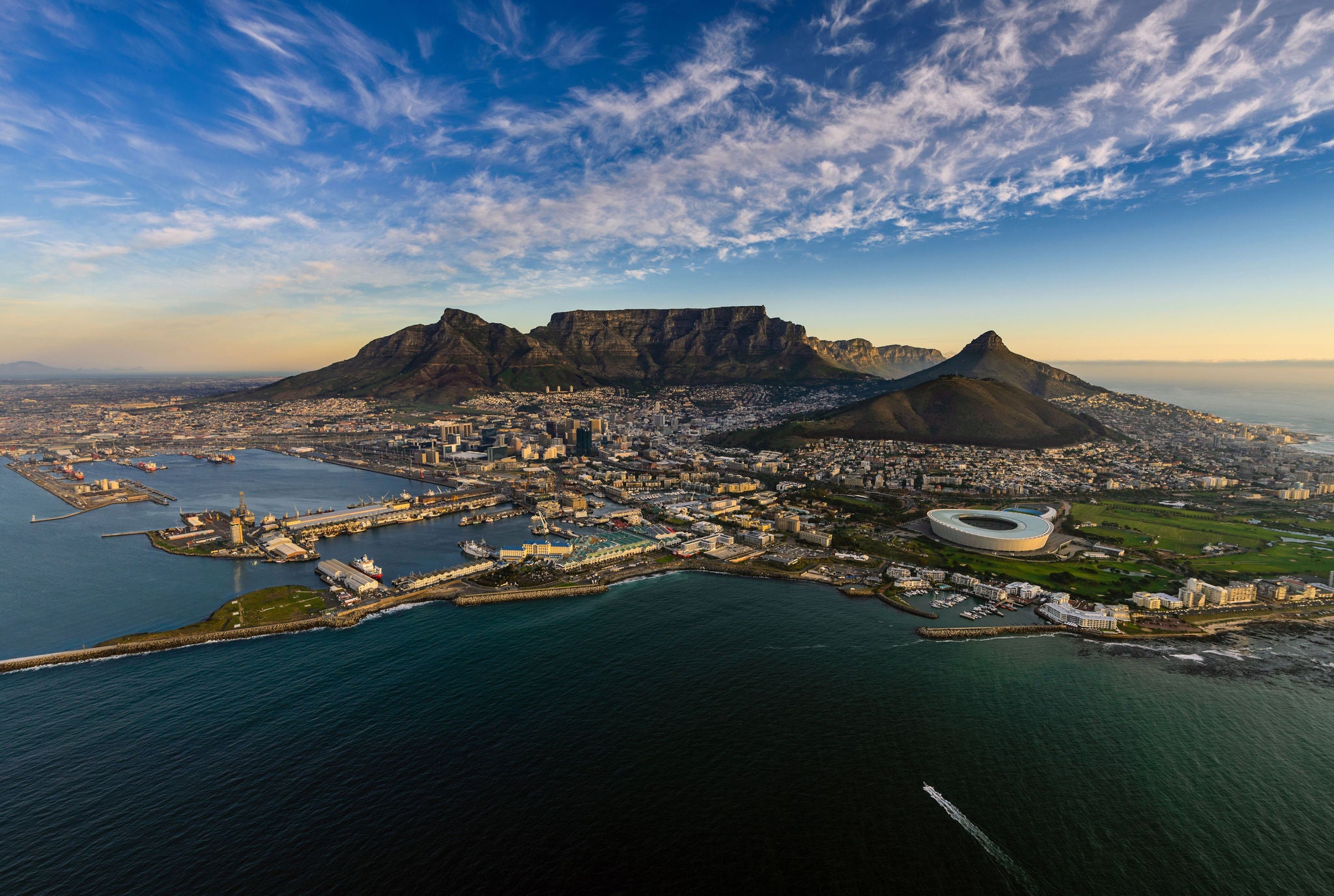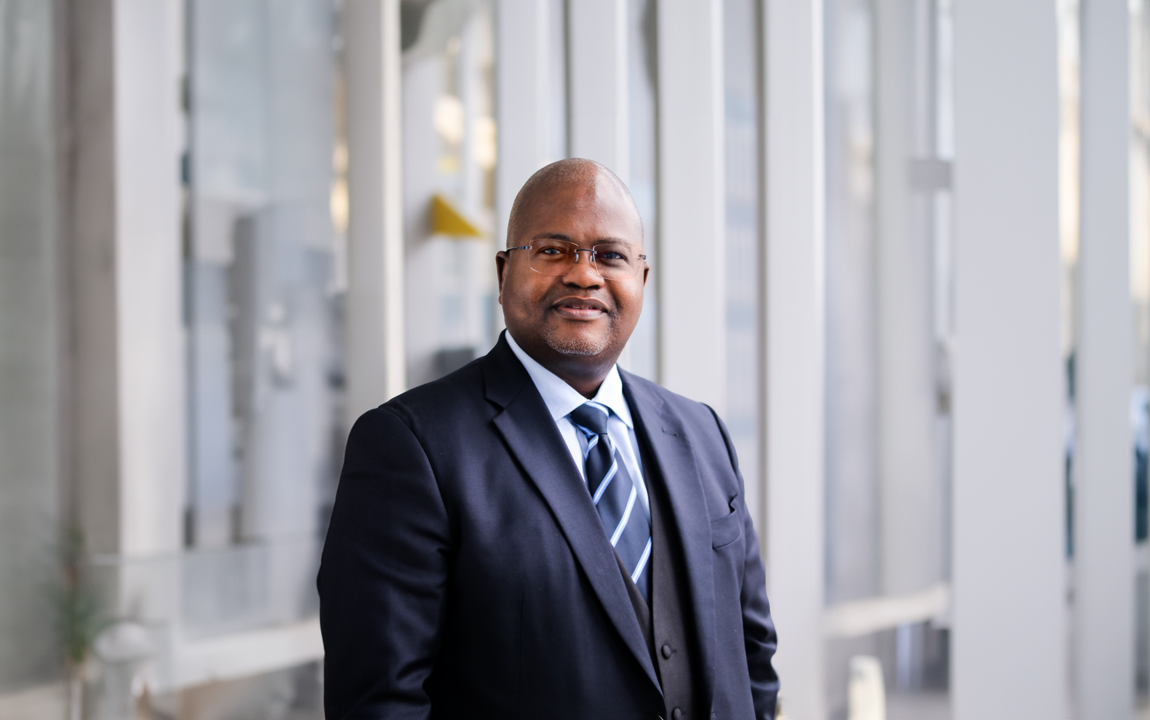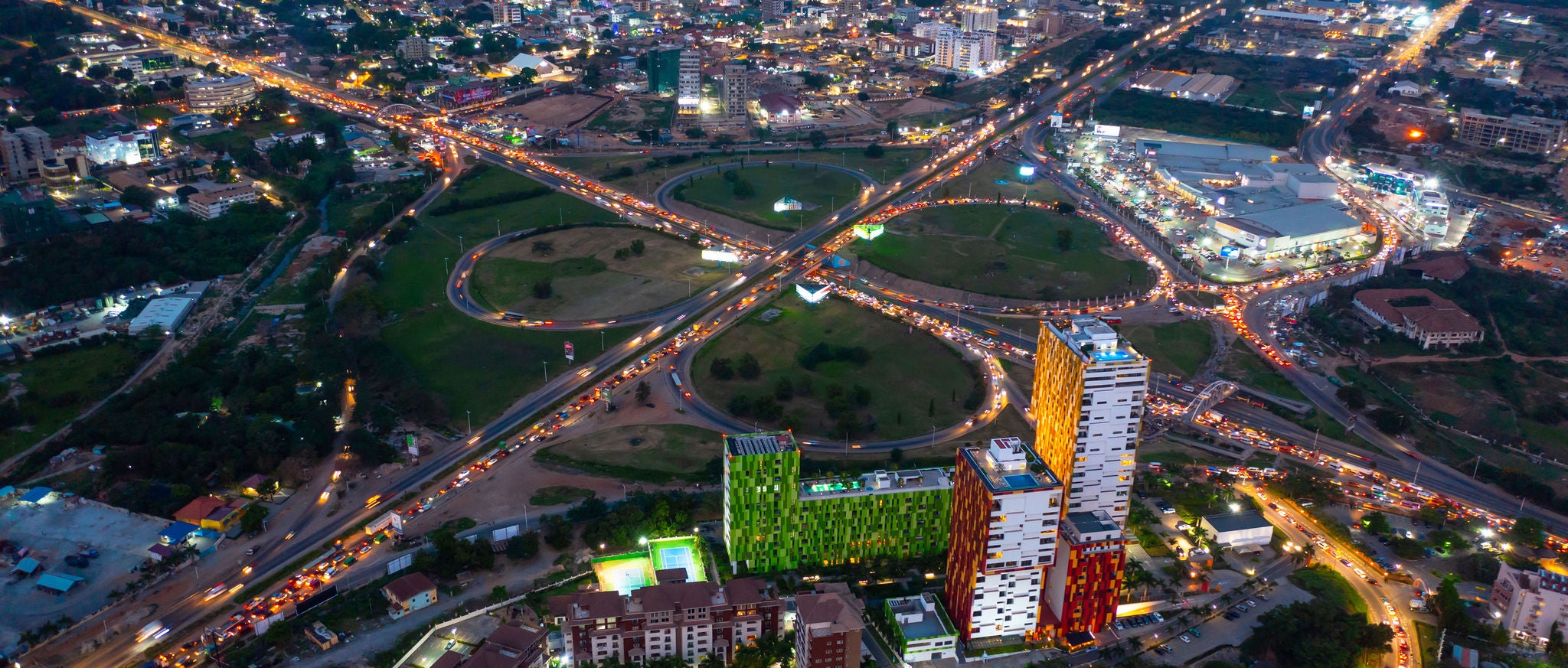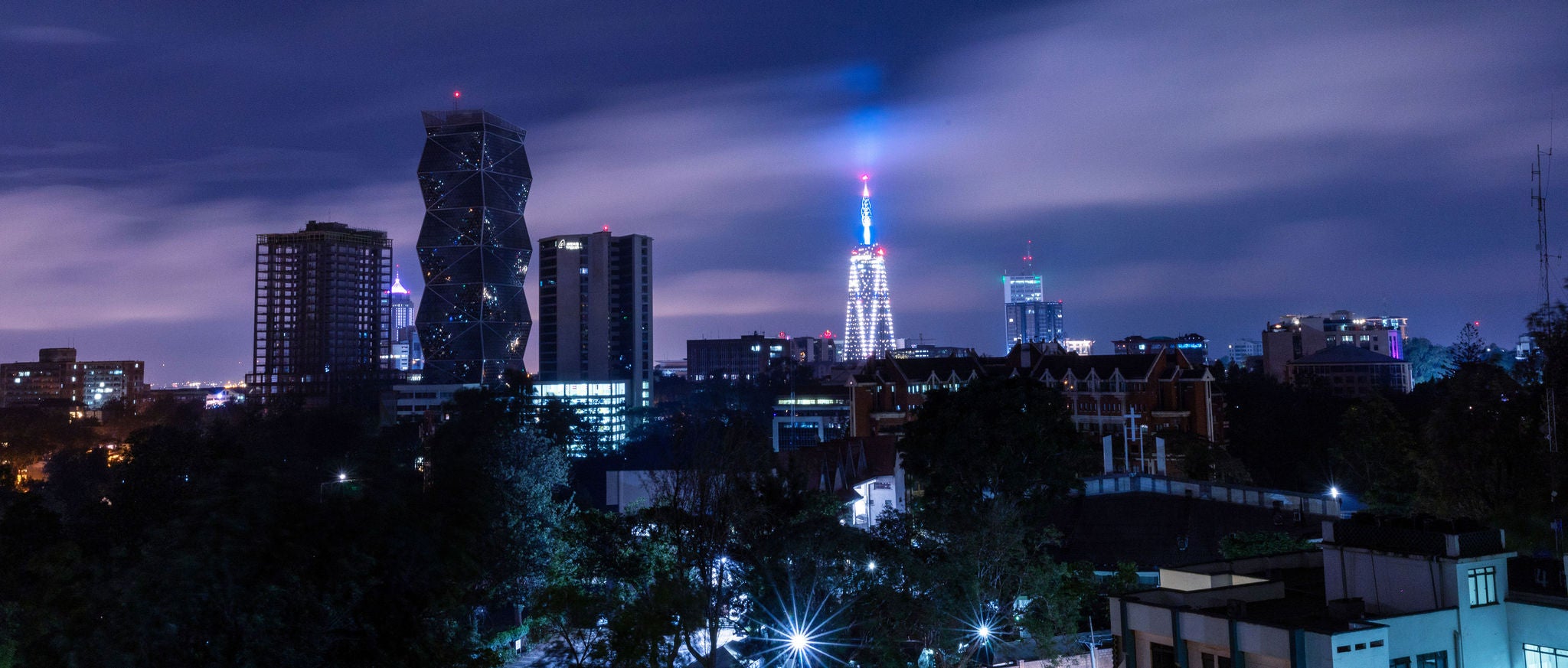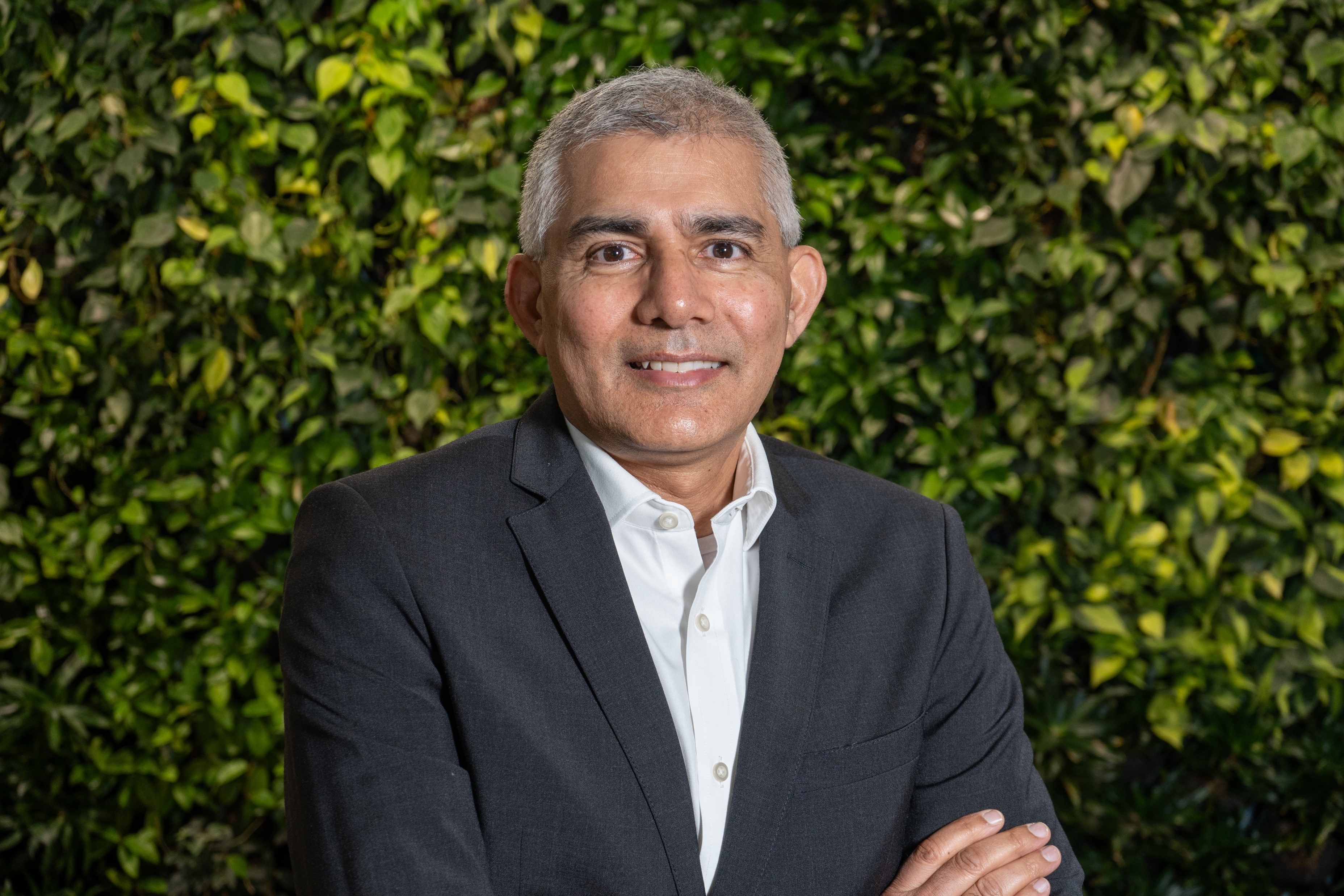EY refers to the global organization, and may refer to one or more, of the member firms of Ernst & Young Global Limited, each of which is a separate legal entity. Ernst & Young Global Limited, a UK company limited by guarantee, does not provide services to clients.
How EY can help
-
The Geostrategic Business Group can help translate geopolitical insights into business strategy to help manage political risk. Find out how.
Read more
North Africa led the continent in job creation, capital investment and project count, with Egypt emerging as the top performer.
Egypt accounted for over 25% of all FDI-related jobs across Africa, and despite a decline from US$107b in 2022 to US$40b, was again the continent’s leader in capital inflows.
Mauritania attracted the continent’s second-highest capital investment in 2023, driven by a US$34b UAE-funded green hydrogen project. This landmark investment could establish Mauritania as a renewable energy hub.
South Africa led in new project count, affirming its appeal across multiple sectors, including business services, technology and manufacturing. Alongside Egypt and Morocco, South Africa accounted for nearly 47% of all such projects across Africa, underscoring the appeal of these economies for investors seeking market scale and diversity.
West Africa recorded significant growth in renewable energy FDI and job creation. Nigeria played a leading role in job creation, particularly in sectors such as food and beverage. Traditional sectors like food and beverage supported job growth, while renewable energy projects positioned West Africa as an emerging player in green investments.


